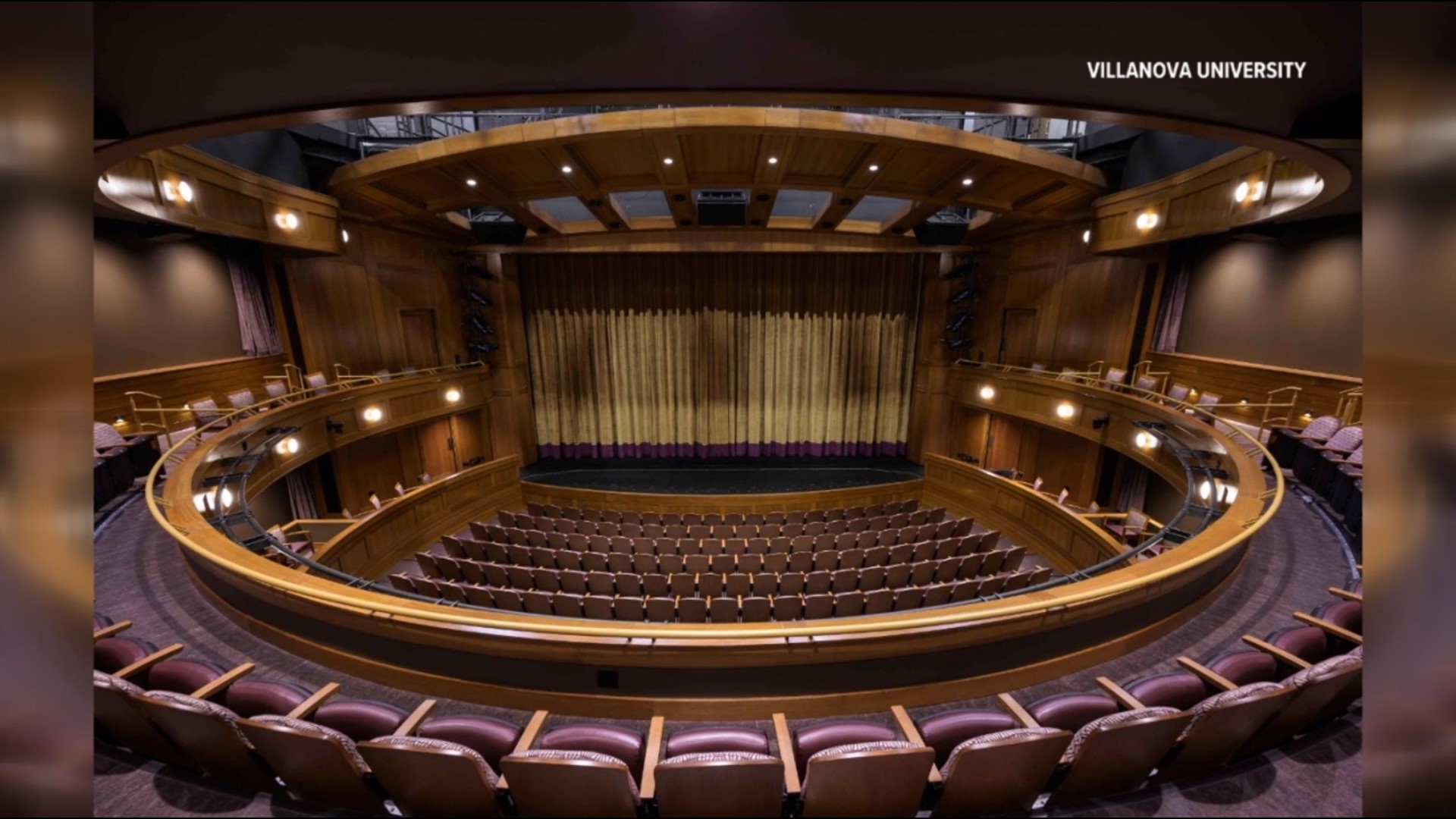HARRISBURG, Pa. — With the race to represent Pennsylvania in the U.S. Senate starting to heat up, Monday night’s debate was supposed to showcase how the top seven GOP candidates stack up.
Debates are often more important in a primary race than in general elections, since candidates within the same party usually have similar stances on many issues. Debates can help them demarcate their positions from the other candidates’.
“In the primaries they can really make a difference in terms of differentiating candidates among the voters,” said Stephen Medvic, director of the Center for Politics and Public Affairs at Franklin & Marshall College.
However, after television personality Dr. Mehmet Oz’s campaign said he had a scheduling conflict, two more candidates—hedge fund executive David McCormick and former U.S. Ambassador to Denmark Carla Sands—pulled out from the debate at the 11th hour.
The three candidates are leading the polls among likely 2022 GOP primary voters, according to a Trafalgar Group poll. Oz leads with 27.4% of likely votes, followed by McCormick at 15.9% and Sands at 14.8%.
That lead is likely the reason all three are skipping the debate, according to political analysts. Having the most support early in the race means they have the most to lose from a potential blunder.
“Debates can cause awkward moments," said Sarah Niebler, professor of political science at Dickinson College. "You put people up on stage, they’re interacting with one another. They’re subject to follow-up questions from a moderator or from other candidates. The candidates have a lot less control over their message in that environment."
Election frontrunners are more likely to stick to more targeted and more tightly controlled channels, like TV advertising and social media posts.
By not showing up, though, McCormick, Oz and Sands cede the floor to the other four candidates who have committed to come: political commentator Kathy Barnette, real estate developer Jeff Bartos, attorney George Bochetto and businessman Everett Stern.
“If a candidate really stands out and there are fewer of them on the stage, [that's] more time for each candidate, they can really shine," Medvic said. "Before you know it, they’re rising in the polls."
Some of the debate candidates are already taking aim at the ones not coming. Bartos accused them of not maintaining close enough ties to Pennsylvania.
“I think the folks who are there will take any opportunity they have to say part of being a senator is representing the people and one way to represent the people is to show up at these kinds of events," said Niebler.
McCormick’s and Oz’s campaigns both gave statements saying both candidates wanted to debate each other, despite declining Monday night’s opportunity.
McCormick’s campaign wrote,
“Mehmet Oz declined participating in the debate and having to answer tough questions. Dave is looking forward to debating. Hopefully Mehmet will confirm a day and time soon.”
Oz’s campaign wrote,
“Dr. Oz communicated to the organizers a few weeks ago he had a scheduling conflict this evening but appreciated them hosting. Dr. Oz has already had many town halls across the commonwealth and he has taken hundreds of questions on where he stands on the issues. He looks forward to being on stage with the other candidates in the future so Pennsylvanians can learn more about David McCormick’s dangerous ties to China and record of outsourcing Pittsburgh jobs to Asia.”
Meanwhile, Pennsylvania Republican voters are still waiting to hear what those candidates have to say before making their decision.

